If privacy from search engines tracking your activity were your concern, many would have recommended DuckDuckGo to you once. Nowadays, however, people can only say that the engine is poor. So you may wonder, ‘Why DuckDuckGo is bad?’
The answer lies in its low-quality search results, poor advertising model, and inability to combat misinformation. The biggest reason, however, is that DuckDuckGo allowed Microsoft trackers to monitor user activity on its search engine despite claiming customer privacy-centric.
To know why DuckDuckGo allowed Microsoft trackers despite its noble origins, other reasons for its poor performance, and alternative privacy-driven search engines, continue to read on.
The History of DuckDuckGo
DuckDuckGo was introduced in 2008 by CEO and founder Gabriel Weinberg as a privacy-focused search engine. Weinberg’s project developed from his goal to give people a search engine that respected their privacy and did not track as much data as other major search engines.
This soon came to form DuckDuckGo’s unique selling proposition (USP), which demonstrated the company’s dedication to customer privacy by not following users’ search histories, saving their personal information, or building customized profiles. This was proven by how it provided the same query response to every user.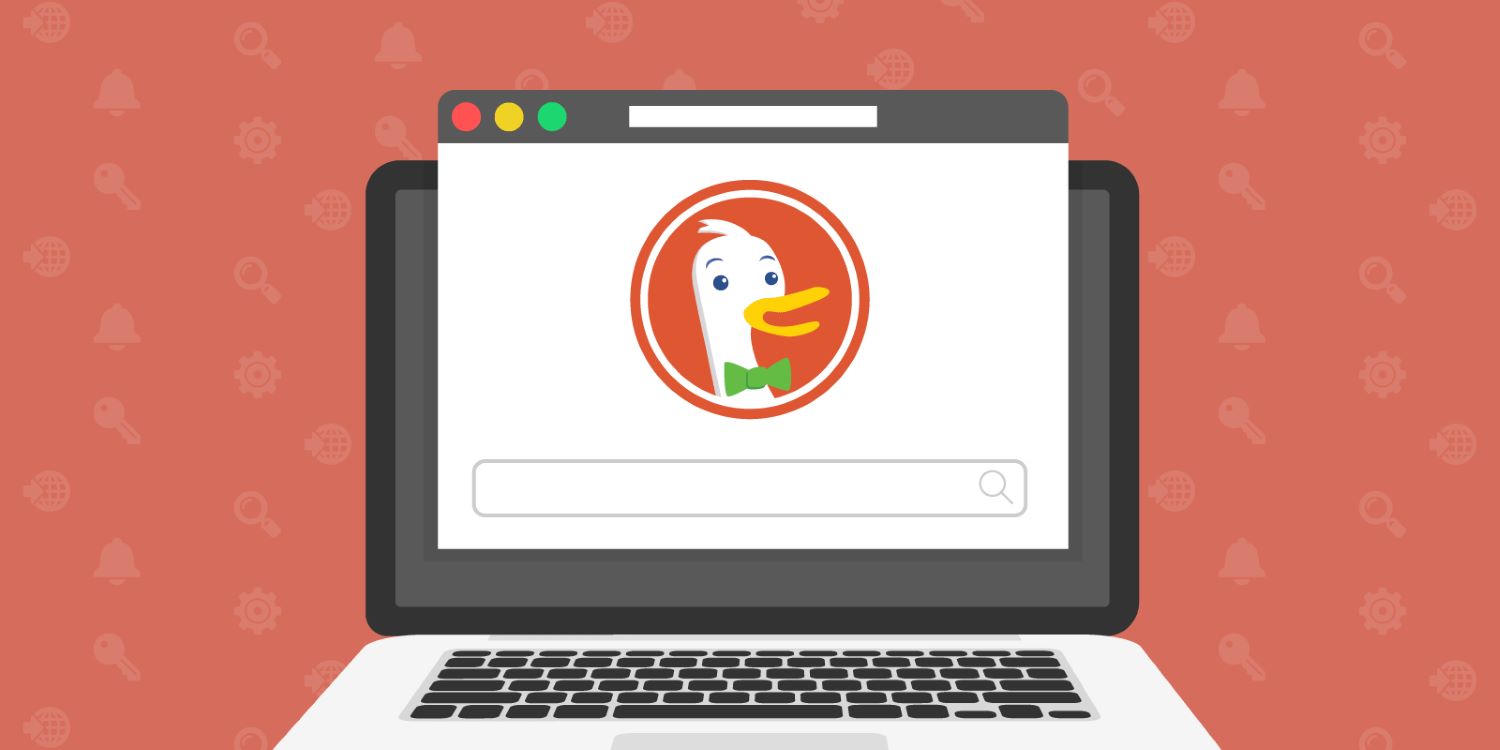 In 2013, DuckDuckGo’s growth increased rapidly amidst the backdrop of mass surveillance by the government being disclosed. Users of the internet looking for alternatives to other search engines’ data-hungry practices thus have found resonance in this commitment to privacy. The search engine also cut out filter bubbles, restricting exposure to various views.
In 2013, DuckDuckGo’s growth increased rapidly amidst the backdrop of mass surveillance by the government being disclosed. Users of the internet looking for alternatives to other search engines’ data-hungry practices thus have found resonance in this commitment to privacy. The search engine also cut out filter bubbles, restricting exposure to various views.
Over time, DuckDuckGo has evolved to become more than just a standard web search engine. It offers features like image and video searches, rapid answers, and reduced ad tracking.
Backlash Against DuckDuckGo
Despite its noble origins, why is DuckDuckGo deemed a lousy search engine? The answer may lie in the slew of backlash it faced starting in May 2022 after it was revealed that DuckDuckGo allows Microsoft to track user activities, contradicting the platform’s privacy claims and surprising many. 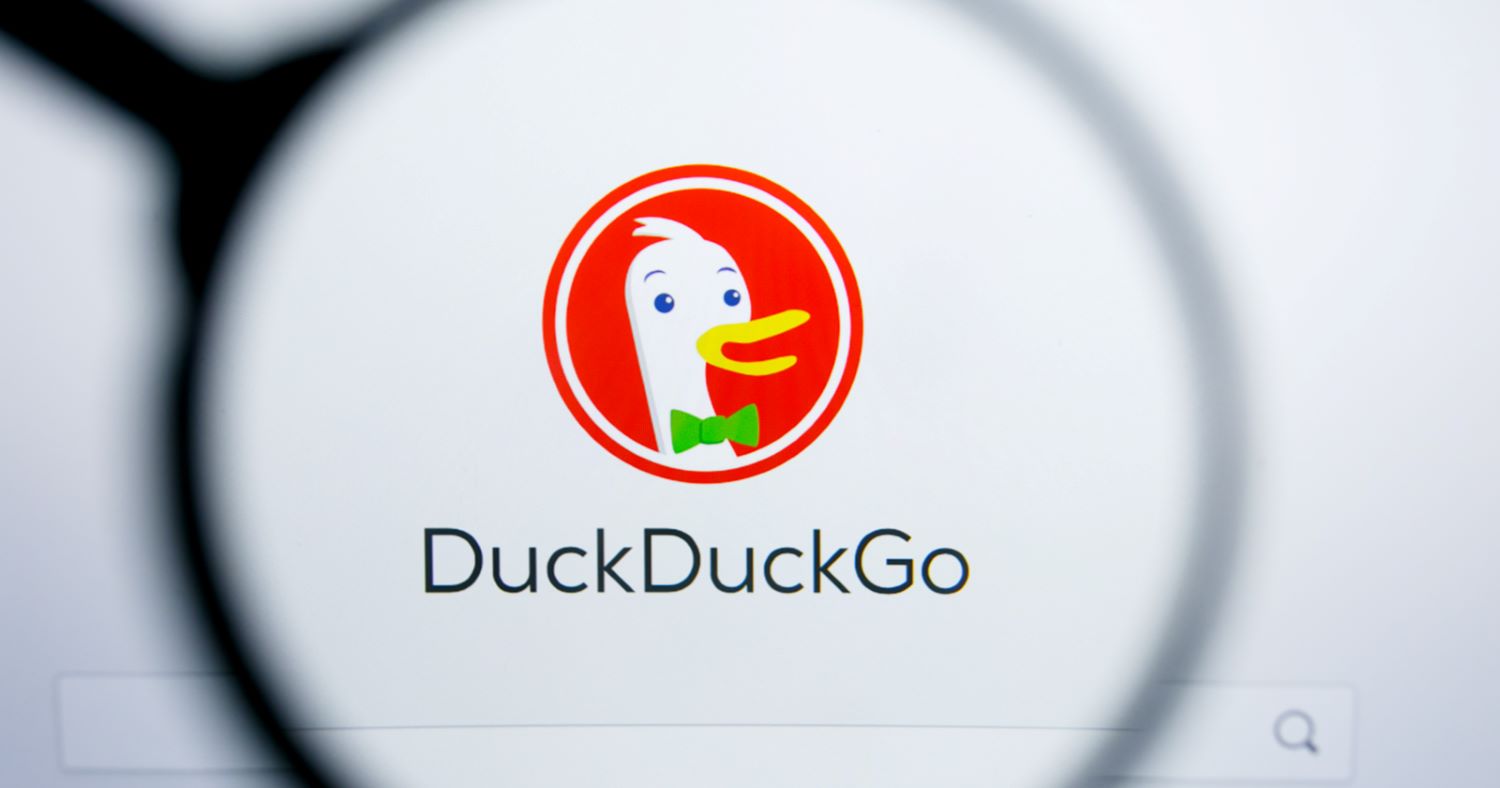
Security researcher Zach Edwards discovered that DuckDuckGo needed to be more transparent about its privacy policy. While it had blocked Google and Facebook trackers, DuckDuckGo permitted trackers of the Microsoft Corporation to monitor user activity on the browser via Bing interactive chatbot and LinkedIn.
See Also: What does a check mark mean in LinkedIn messages?
What did DuckDuckGo do with tracking in 2024?
Gabriel Weinberg, the founder and CEO of DuckDuckGo, acknowledged that the browser couldn’t block Microsoft’s trackers per their existing agreement. However, he intended to renegotiate contract clauses with Microsoft to preserve user privacy and confidentiality. 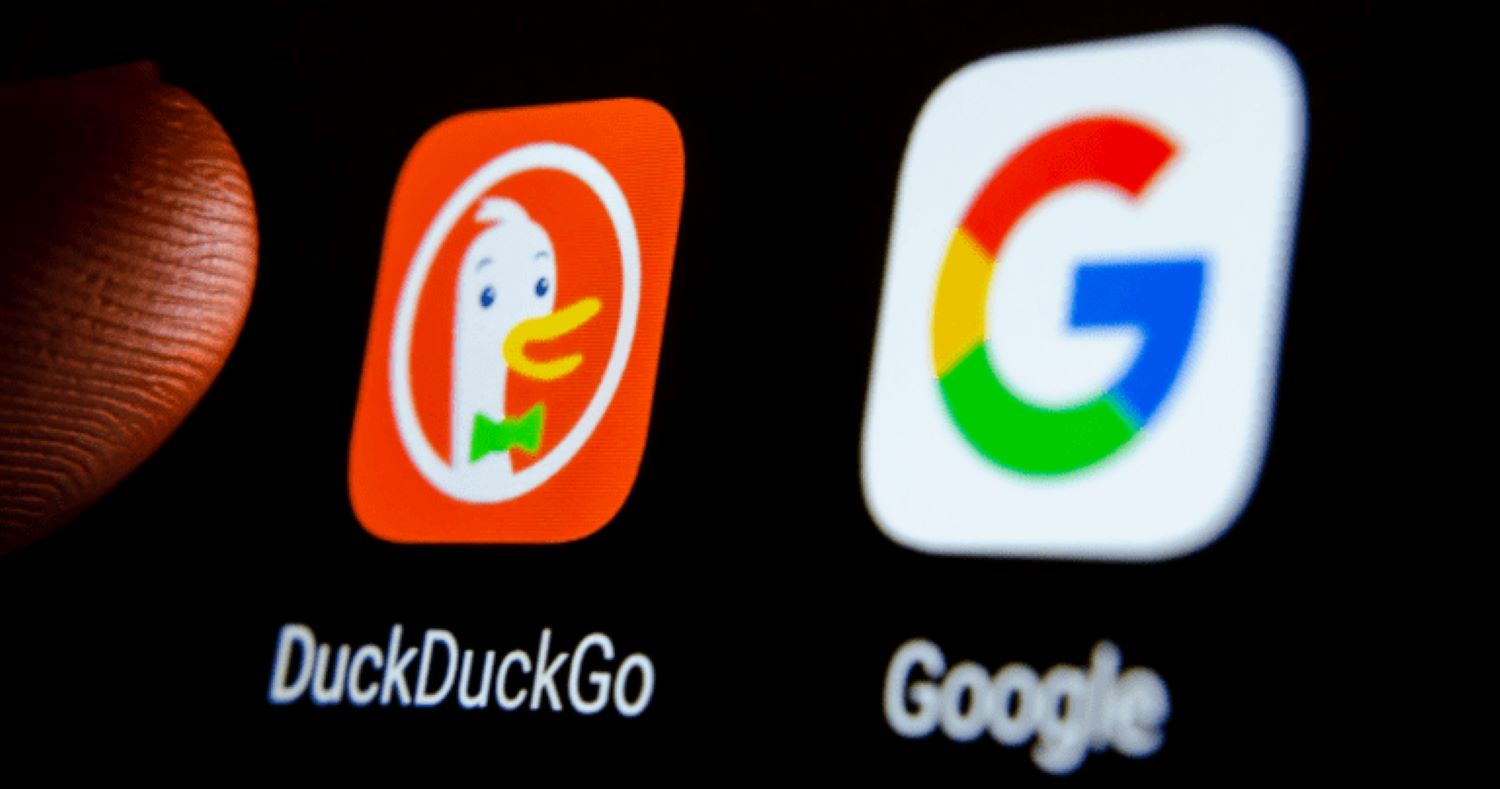
Weinberg clarified that the intentional allowance of third-party Microsoft trackers results from this contractual arrangement. Additionally, he emphasized that the company plans to implement additional measures to prevent third-party trackers associated with Microsoft.
Microsoft holds an advantageous position with the current agreements and tracking clauses.
Reasons why DuckDuckGo is bad?
In addition to unethical changes to its privacy policy, there are other answers to the question, “Why is DuckDuckGo so bad?” A few of the reasons include:
Low-Quality Search Results
Foremost among the criticisms is that its search query results must be more focused and personalized. Compared to Google, whose powerful algorithms provide accurate results, DuckDuckGo pales. Due to the poor results, users often ask why DuckDuckGo needs to be fixed. 
Poor Advertising Model
While Google relies heavily on targeted advertising based on user data, DuckDuckGo employs contextual advertising that does not involve tracking users.
This has led to concerns among advertisers dependent on online sales for channel marketing.
Combating Misinformation
DuckDuckGo’s privacy-centric approach makes addressing issues like misinformation and spam difficult. The need for detailed user data for refining algorithms limits the effective filtering out of such content.
See Also: AirBnB SWOT Analysis: Why is it Winning?
Are there alternatives to DuckDuckGo?
DuckDuckGo’s USP of privacy policy gave it leverage over search engines such as Google and Bing. However, there are more privacy-focused search engines out there. Alternatives to DuckDuckGo you may wish to explore include:
Startpage
Startpage is a search engine that prioritizes user anonymity. The privacy-focused search engine provides Google search results without tracking user data.
Also, ensuring users a private and secure online search experience.
Qwant
Qwant is a privacy-focused search engine based in France that is committed to user anonymity.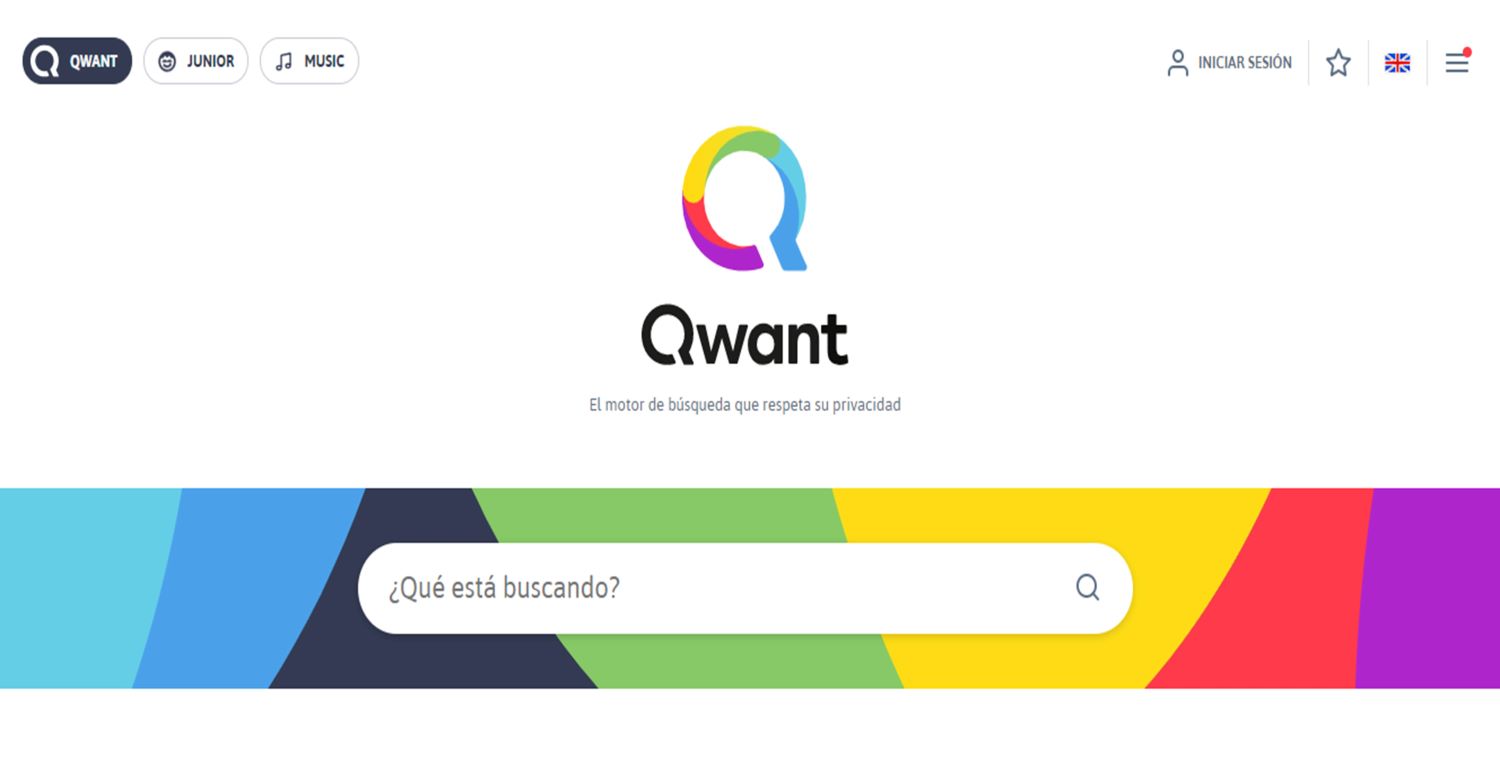
It delivers unbiased search results without tracking user activities, offering a secure alternative for privacy-conscious individuals.
Searx
Searx is an open-source metasearch engine that prioritizes user privacy. It aggregates search results from multiple sources without storing personal data.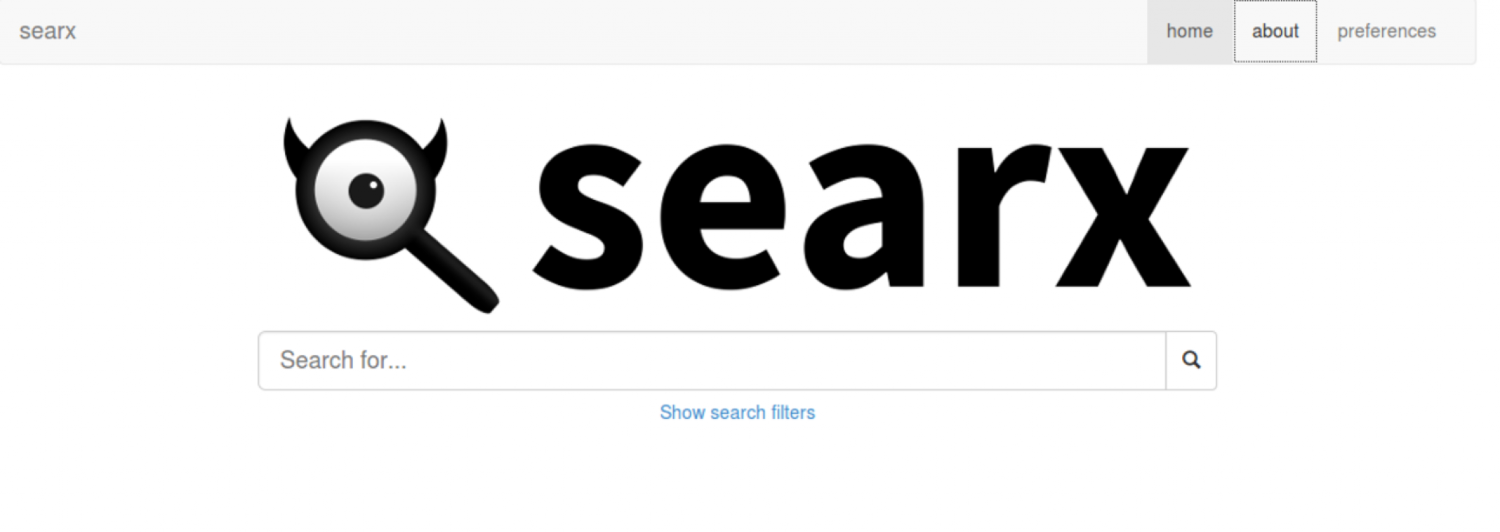
Also, offering a transparent and customizable search experience.
Swisscows
Swisscows is high on user data protection. Family-friendly and free from personalized tracking.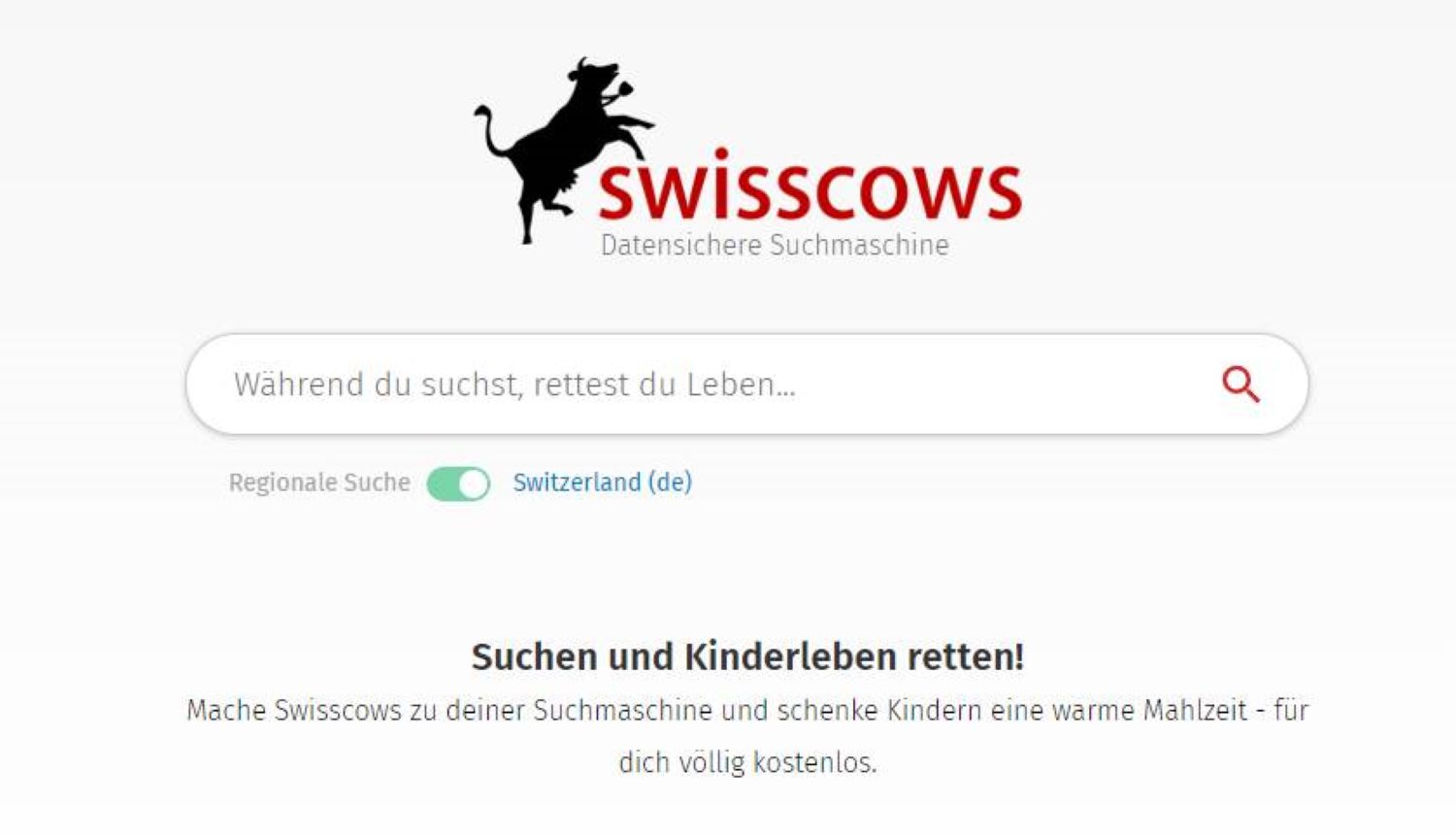
Its independent index and filtering system provides a secure online search experience.
What Are The Long-Term Implications Of Using Duckduckgo?
Using DuckDuckGo, a privacy-focused search engine, can have significant long-term implications for users concerned about online privacy and data security. Potential negative long-term implications associated with its use answer why DuckDuckGo is terrible.
Firstly, 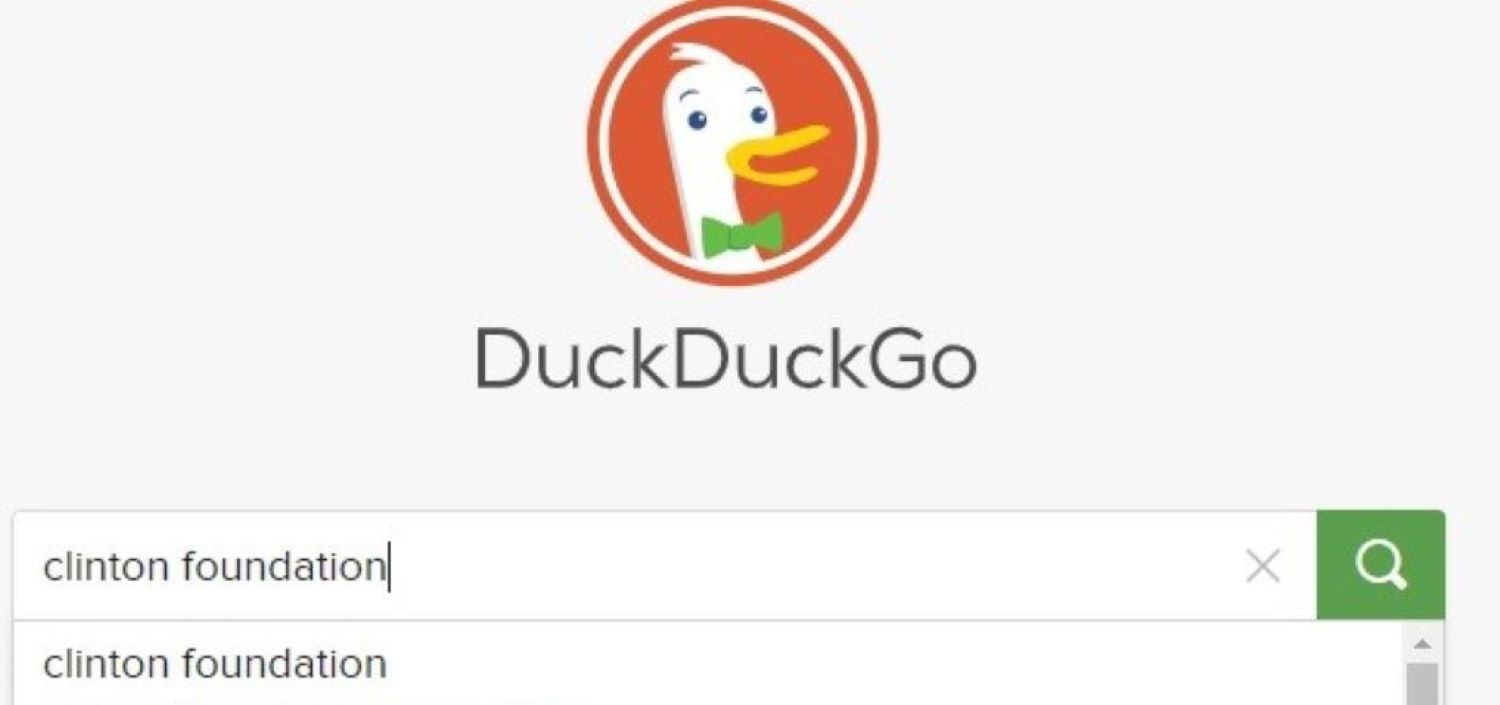 it needs help to keep up with the evolving demands of users. DuckDuckGo needs more extensive resources and data collection capabilities that fuel the constant refinement of services. This limitation impedes the development of features and innovations that contribute to user experience.
it needs help to keep up with the evolving demands of users. DuckDuckGo needs more extensive resources and data collection capabilities that fuel the constant refinement of services. This limitation impedes the development of features and innovations that contribute to user experience.
The absence of personalized search results may also limit the engine’s appeal. While the prioritization of privacy is commendable, it could hinder the engine’s ability to provide tailored and efficient results, potentially affecting user satisfaction over time.
Furthermore, relying on DuckDuckGo as the sole search engine may result in a limited digital footprint, hindering the personalization of online experiences. This could impact the quality of targeted advertisements, recommendations, and services that rely on extensive user data.
What can we learn from the DuckDuckGo Situation?
By not disclosing its privacy policies completely, the search engine violated ethical business practices and, thus, lost trust among its consumers. When reflecting on why DuckDuckGo is terrible, a few key lessons to learn are:
Trust is Fragile
For any firm, trust is an essential resource. Rebuilding it after damage can be difficult. Consumers anticipate that companies will respect their privacy policies and carefully manage their data.
Transparency is Key
Businesses ought to be transparent with their customers about how they gather, store, and utilize their data. 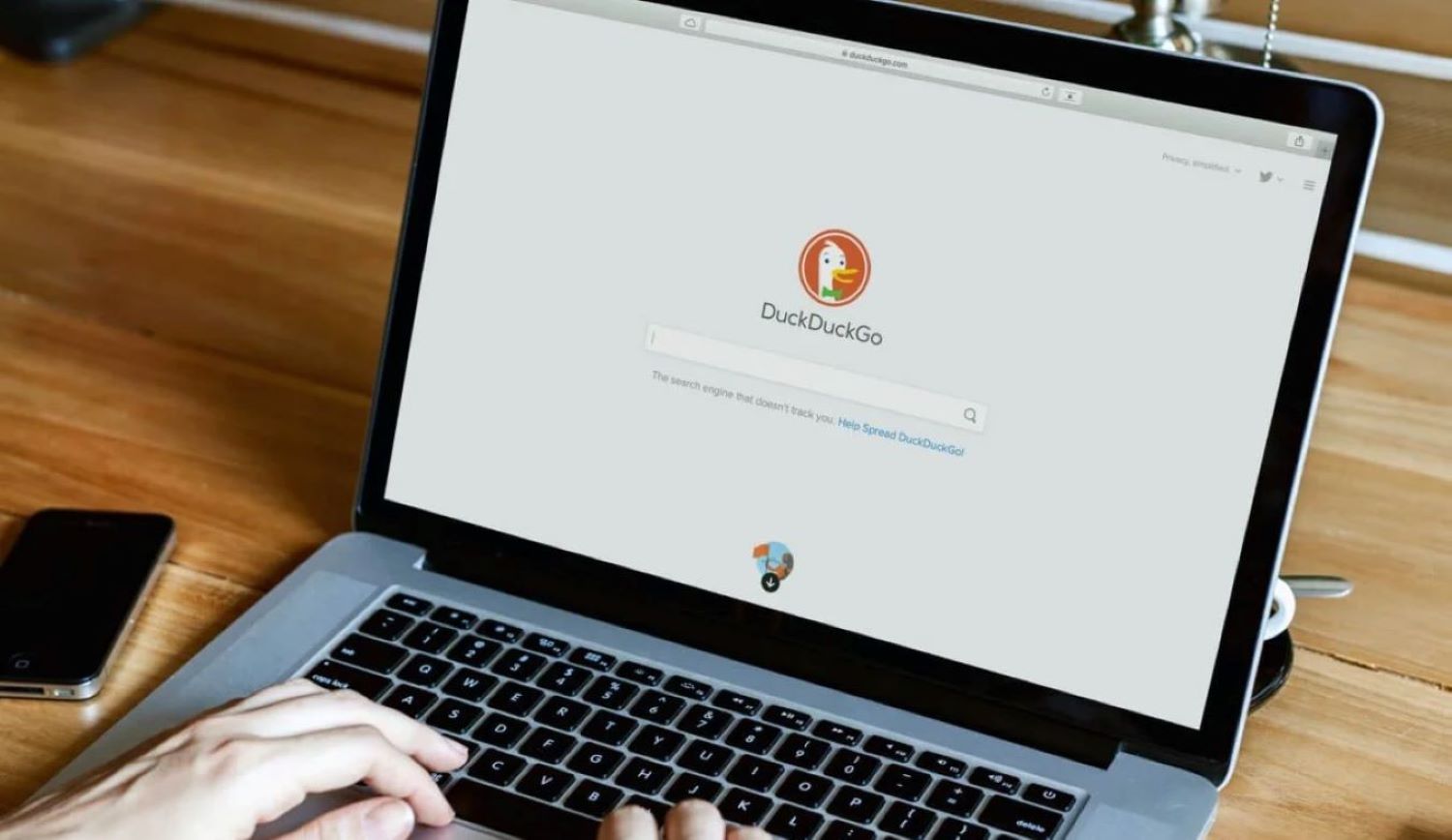 Even when data procedures are technically compliant, a lack of transparency can spark mistrust and adverse reactions.
Even when data procedures are technically compliant, a lack of transparency can spark mistrust and adverse reactions.
Crisis Communication
It’s critical to communicate promptly and honestly during a privacy breach. Businesses should proactively notify their clients about the issue, the reasons behind it, and the actions being taken to make things right. Open communication can lessen reputational harm to the business.
Customer Feedback
Attend to the opinions and concerns of your customers. Consumer opinions can be a valuable gauge of how well a company fulfills expectations and protects privacy. Seek input from customers regularly and address their problems.
FAQs
What is the downside to DuckDuckGo?
While it hides search queries from third parties, your internet service provider can still see that you're using the search engine. It also cannot protect you from malicious attacks.
Why is DuckDuckGo banned in schools?
Since students can get around the network and access content that is non-academic, DuckDuckGo has been banned in schools.
Can hackers track you on DuckDuckGo?
While DuckDuckGo is largely safe, hackers can track your online activity through social engineering attacks.
Why DuckDuckGo is better than Google?
DuckDuckGo is considered to be better than Google because it values customer privacy.
Conclusion
There are multiple lessons to be learned from the DuckDuckGo situation. To summarize why DuckDuckGo is terrible, we primarily point to the search engine backtracking on its privacy policy after a deal with Microsoft. Secondary reasons include poor performance compared to popular search engines and low scope for advertisers to push personalized campaigns. If you are a consumer seeking privacy, you can turn to alternatives discussed in the article.

